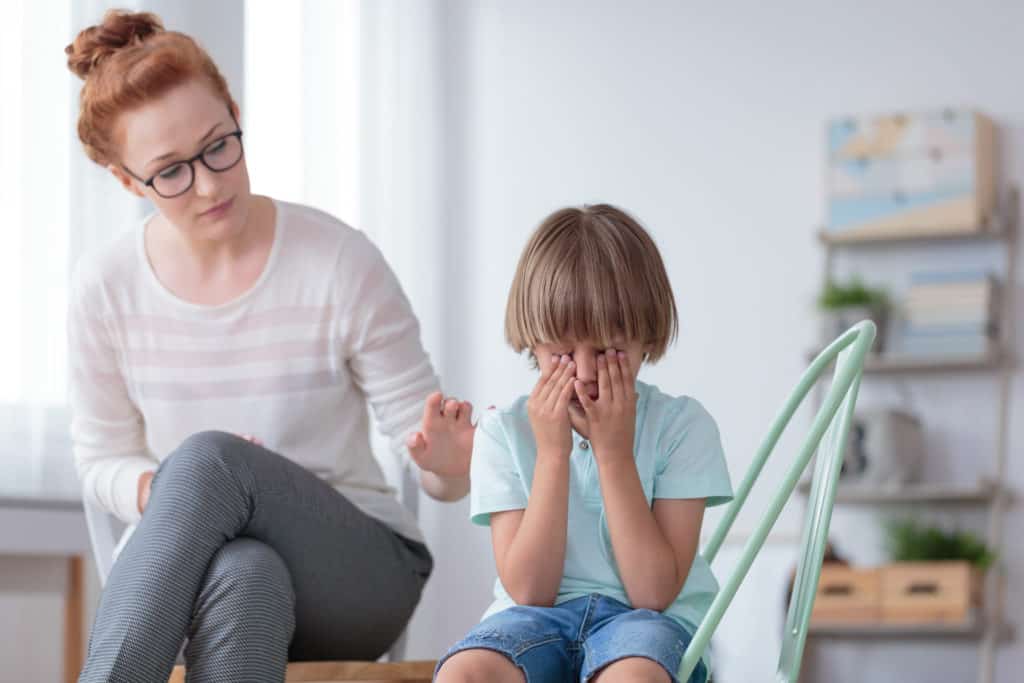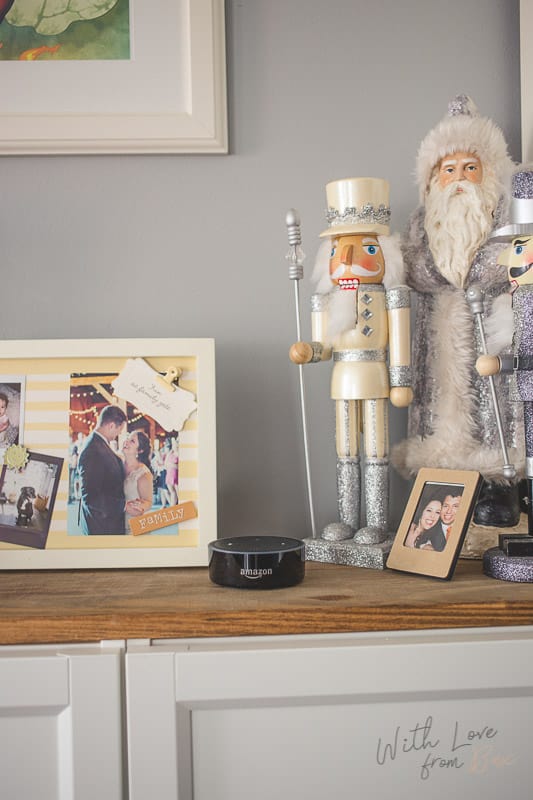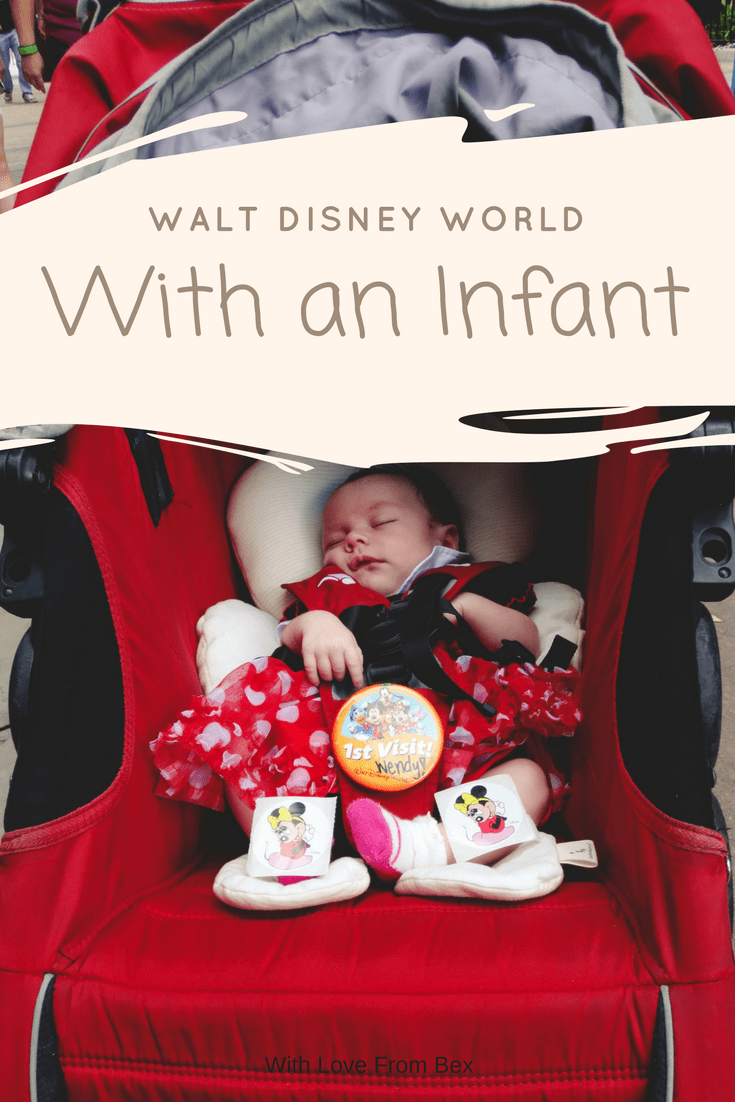
The last two weeks have felt like we’ve lived a year. I honestly can’t tell you what I did last week because my focus has been on trying to understand and protect my family, friends, and myself from coronavirus or covid-19. As an adult, there’s a lot of anxiety, fear, and uncertainty about what the next few weeks, possibly months hold, so I can only imagine what that must feel like for our children. As parents, we should be aware that our kids are taking cues from our responses and behaviours. It’s a tough situation to be in as a parent because we need to keep our anxieties and fears in check as we talk to our younger kids about coronavirus. Here are some of my tips on how to handle the topic of covid-19 with younger children.
There are several ways you can help your child manage through this time. The best routes depend on your kid’s age and awareness of the issues. Take your cues from your child because even though these are tips, your child and situation will give you a good indication of how you need to approach the topic.
Babies and Toddlers (12 months to 2 years old)
You may think that your babies or toddlers are unaware of anything that’s going on, but the truth is that they are aware of you and your reactions, especially your anxiety and fear. There is no need to bring up what is going on right now.
- Be aware of your anxiety and take to maintain a calm demeanour around your baby or toddler.
- Address covid-19 only if your toddler asks you questions about it or is showing anxiety about what is going.
- Keep your answers simple and reassure your toddler as much as possible.
- If he or she is displaying any anxiety, increase the amount of time you spend together. Have a dance party, bring out the paints, watch a movie together, read lots of stories, distraction is a good option right now.
- Do not allow your toddler to watch media coverage.
- Keep your routine as consistent and as close to normal as possible.
Preschoolers (3-5 years old)
Children between the ages of 3-5 years old may be aware of what is going on around them. They may be asking you a lot of questions, or you may notice that their anxiety or fears are heightened.
- Try to maintain some sort of normal routine. I know that schools and daycares, at least in my area, have been cancelled, so the first week will be challenging but try and create some sort of routine. Even if it’s everyone has breakfast together every morning, or 4 pm storytime, whatever works for you. Try and keep the after school or after daycare routine you had.
- Many preschoolers are usually concerned about the health and safety of parents, family and friends. This situation will most likely heighten that concern. Reassure them that they are safe and that the people around them are safe too. Let them know that everyone is doing their part to be safe and that they also can stay healthy and safe by washing their hands
- Help them create special hand-washing songs to make the process fun.
- Try to limit how much media coverage they see. Preschoolers have some wild imaginations, and many times, they can’t tell the difference between what is real and what is fantasy. Everything is much more exaggerated in their minds.
- Safety is one of their biggest concerns, so reassure them that they are safe and that adults are working on the situation and keeping everyone safe.
- Pay attention for any kind of anxious behaviours, like being afraid to leave or going outside, being more attached to you than usual, crying or being more irritable
- If you haven’t done so already, create a calming bedtime routine. Try a calming bubble bath, lots of bedtime stories, hugs, and warm tuck-ins.
- Don’t insist on talking about covid-19 if your preschooler doesn’t want to talk about it or isn’t showing any concerning signs. Take your cues from your child.
- Most importantly increase those hugs and snuggles
Children (6-11 years)
Kids between the ages of 6-11 are definitely much more aware compared to preschoolers. With March break being extended, there could be many questions or misunderstandings about covid19.
- Chances are your kids will have questions or make comments about what they are seeing happen around them. Explain to them what is happening in a direct and straightforward way, while also reassuring them that the adults in their lives are doing everything necessary to look after their health and safety.
- Like preschoolers, limit their exposure to media coverage.
- Ask them if they have any questions or concerns about what is happening. Stay calm and only talk about the facts, don’t make predictions or exaggerate your responses. Don’t overreact; you definitely need to be in control of our anxiety
- Increase the amount of quality time you spend together. I understand times are really tough, and you are either working from home, outside of the house, and/or your anxiety is high, but try to put aside at least an hour a day just to do something together. If it involved snuggling or closeness, even better.
- Safety is a big concern for this age group, and they may be concerned about their health and safety, yours and those around them. Reassure them that everything is being done to keep them safe. Let them participate in their healthy routines like let them create their own hand-washing song, make it funny to sneeze into your elbow, etc.
- Try to keep to a normal routine. Keep your afterschool routine as close to the same as possible.
- Create a relaxed bedtime routine, perhaps an evening bubble bath, some cuddles and stories.
- Let them know what you are doing to help stop the spread of the virus and emphasize how it keeps everyone safe.
- Be patient. Not just with your kids but with yourself as well. This is a hard situation to be in. It’s new for most people, so be patient. Take some deep breathes and remember we are in this together.
My Conversation with my 3-year-old
It’s hard because while our every day didn’t change too much, Wendy was not in daycare, and she has always had at least one of us home; it still changed. All of Wendy’s swim classes, theatre, and dance classes were cancelled. I didn’t think too much of it at first until I recognized that she craved those activities every week. She’s been asking to go swimming every day and asks if it’s time to go to see her friends. It’s hard. I just explain to her every time that dance class or whatever activity it is is not happening tonight but that we can watch a movie or paint or something else that’s fun instead for that hour. She hasn’t asked any questions about COVID-19 mostly because her exposure to any media coverage has been very limited. She knows that we made up a hand-washing song together and that we haven’t been to a store in over a week and no classes where she sees friends. I can tell that she is feeling it, the temper tantrums have increased but I also think it’s because my anxiety is up too. When emotions run high, deep breathing and cuddles take over. I’ve never had an issue apologizing to her for losing my cool or whenever I feel like I didn’t handle a situation in the best way that I could have, right now is no different. Her bedtime routine has stayed the same, with a bubble bath every night, bedtime yoga and stories as we lay in her bed, so we’ve maintained a sense of normal for her, as much as possible during this whole thing.
I know it’s hard to see the light at the end of the tunnel because honestly, no one knows when the tunnel will end, but it will. It always has one way or another. Your kids are going to take your lead on this. I know it’s hard but you can do this. Deep breathes and remember, although we are physically distancing ourselves, we are not disconnected from each other.
If you want to read more on COVID-19, I suggest going to the World Health Organization’s website for official information and tracking.





Leave a Reply